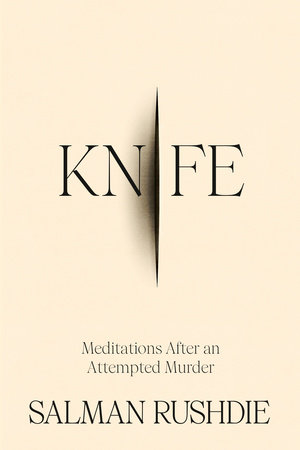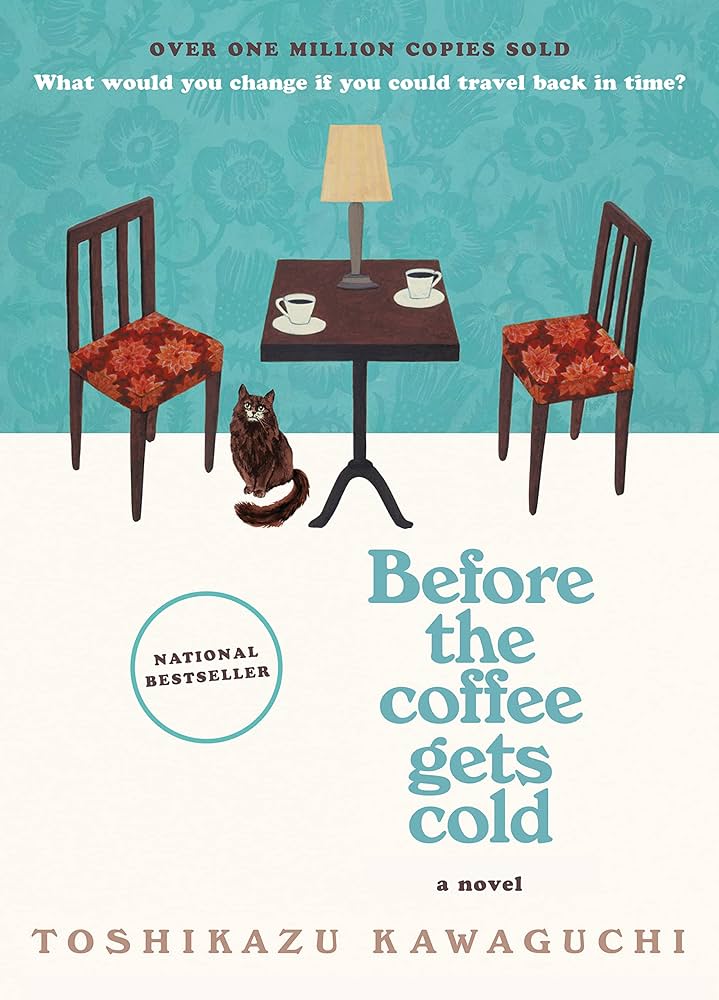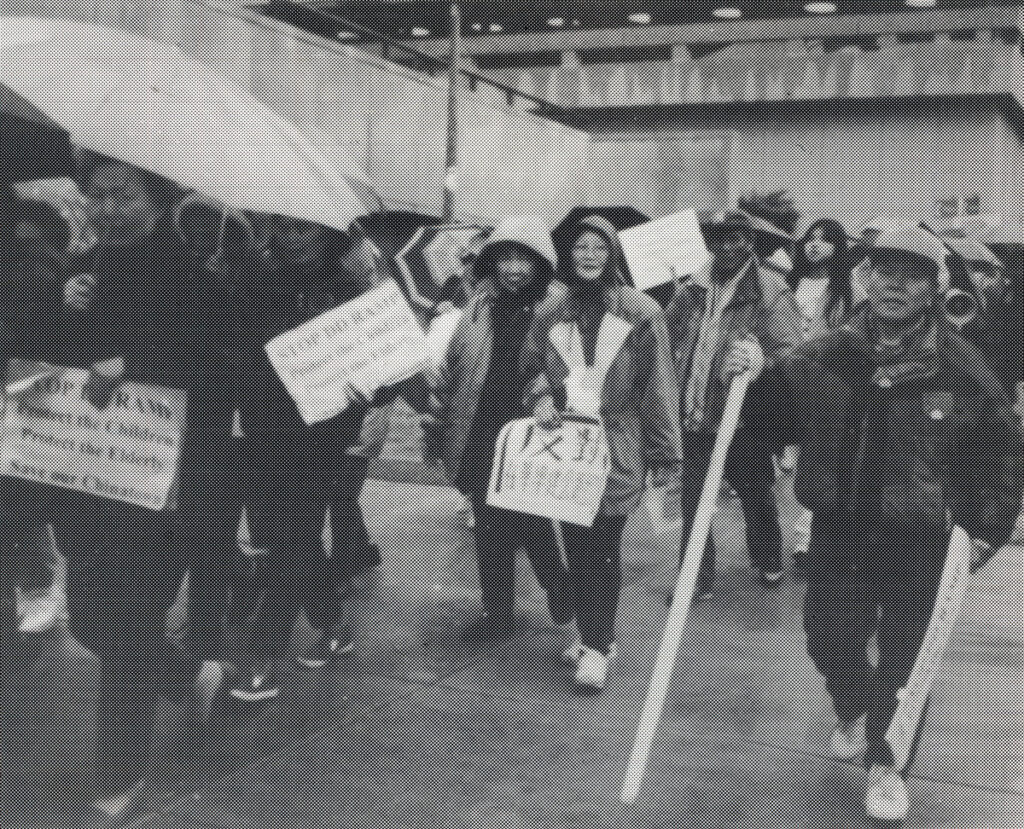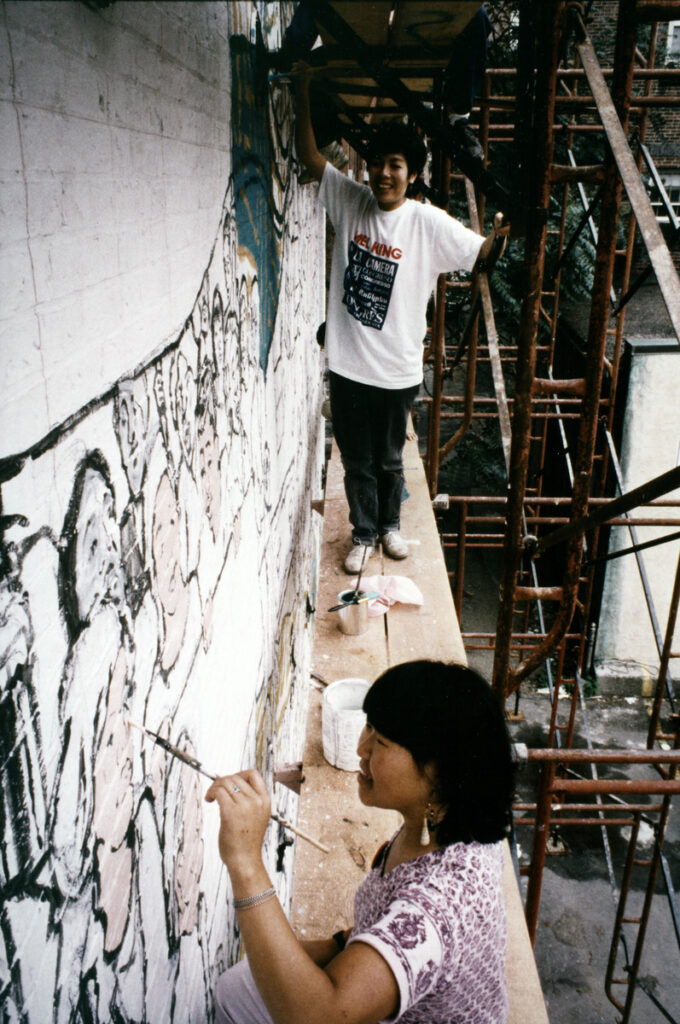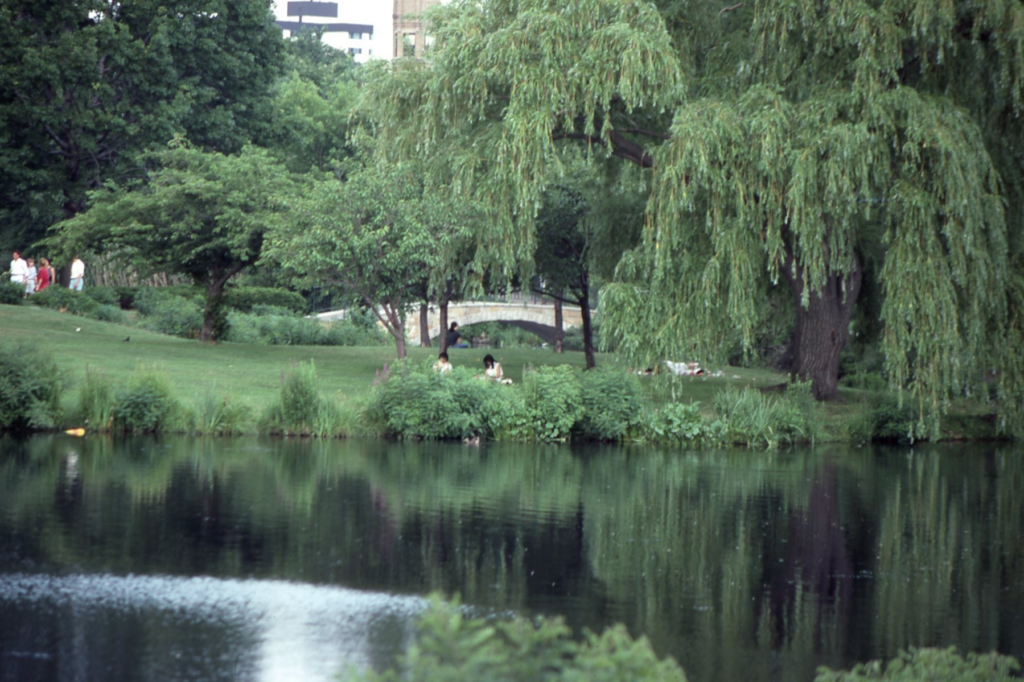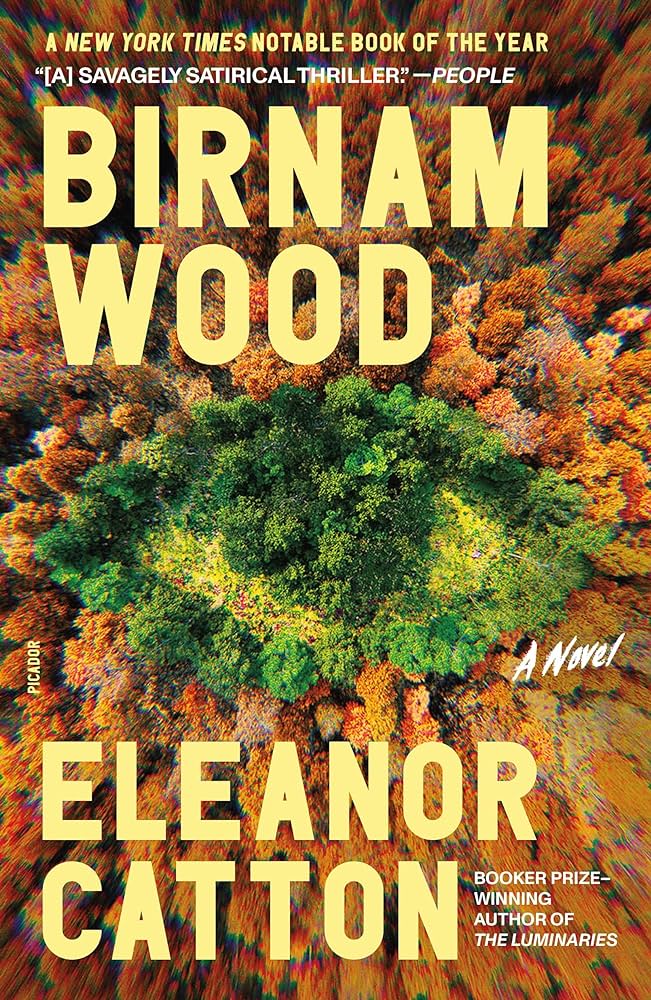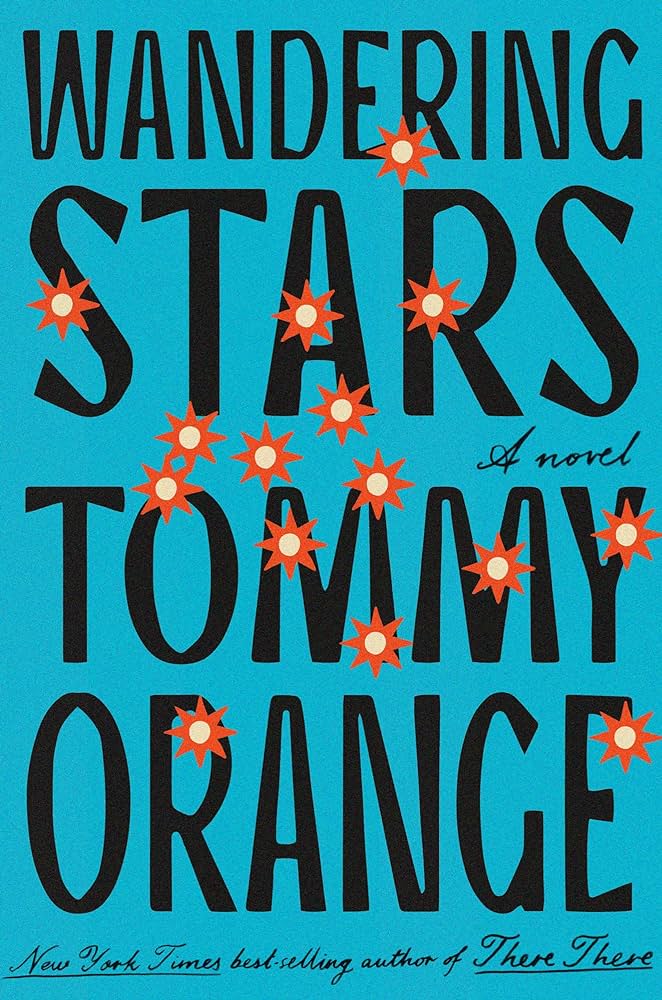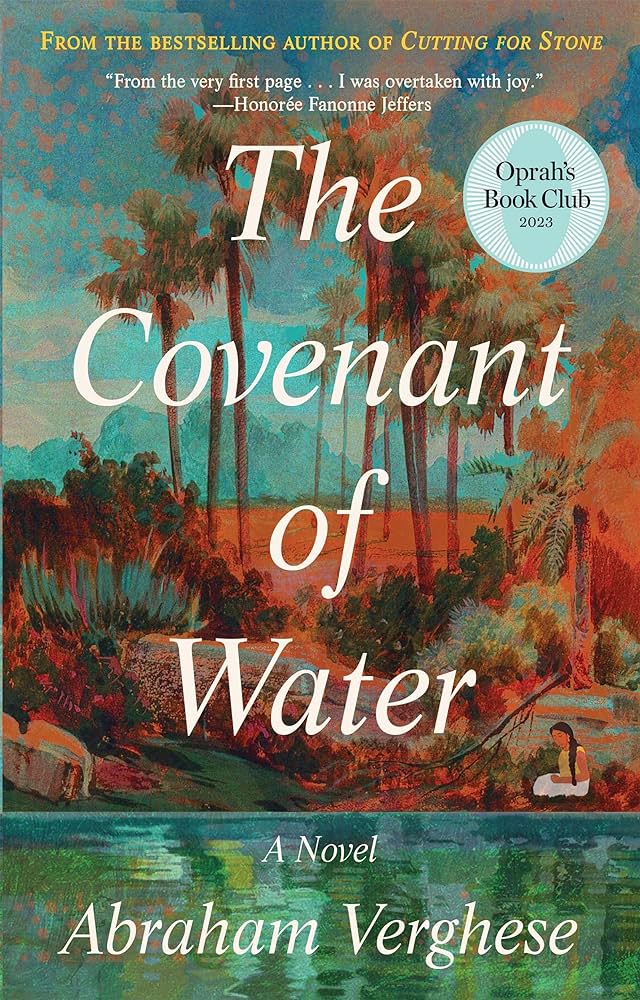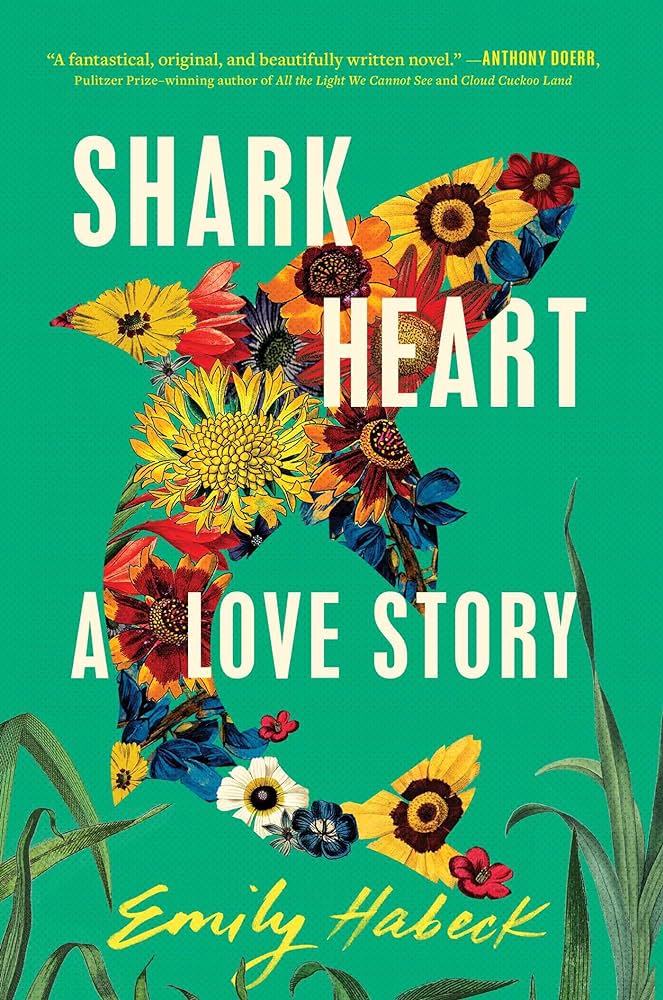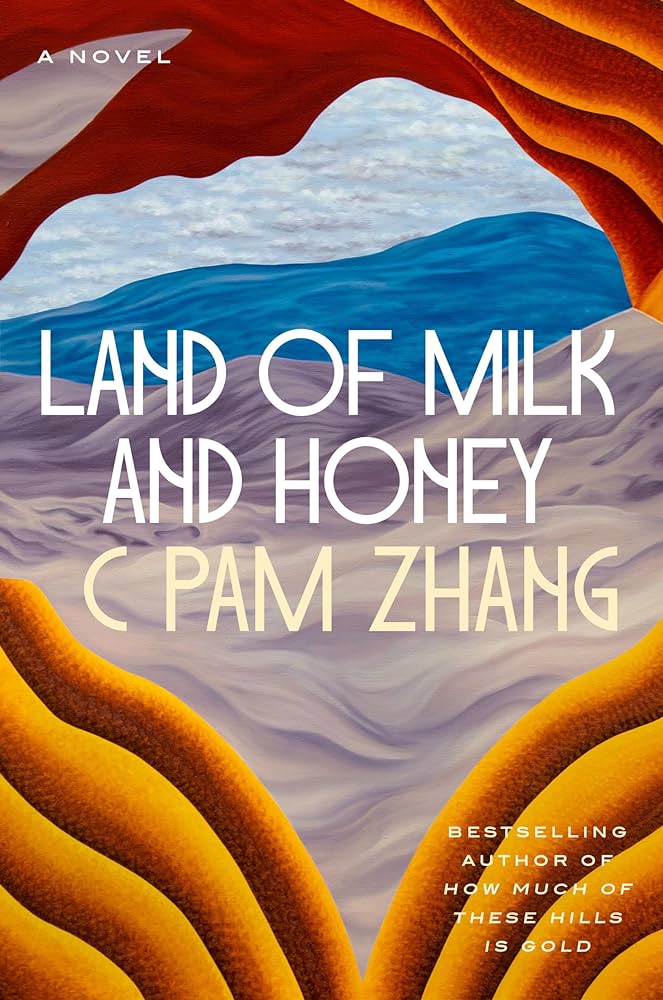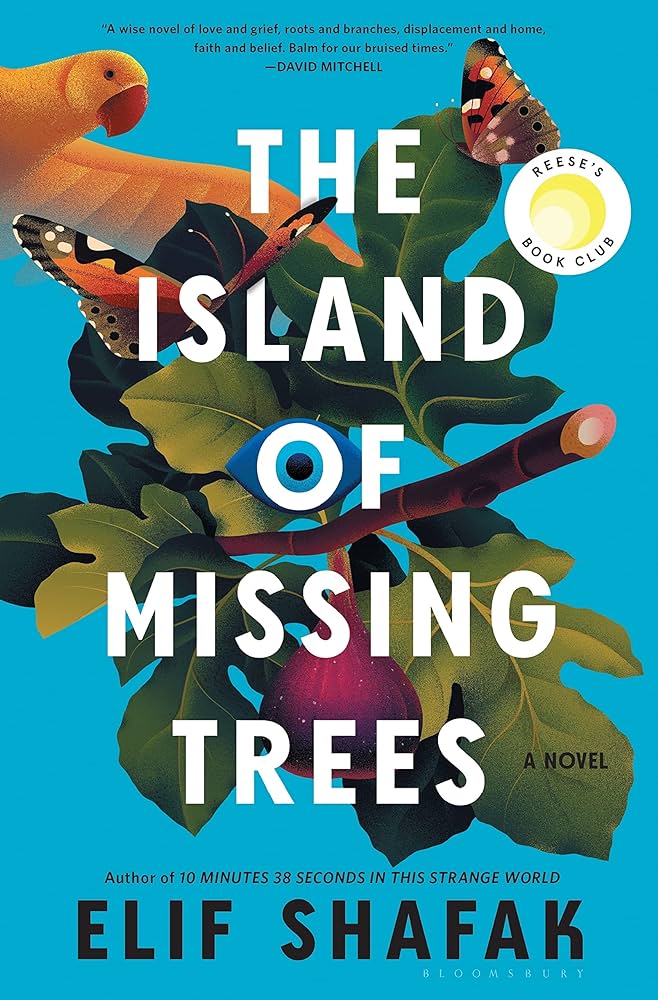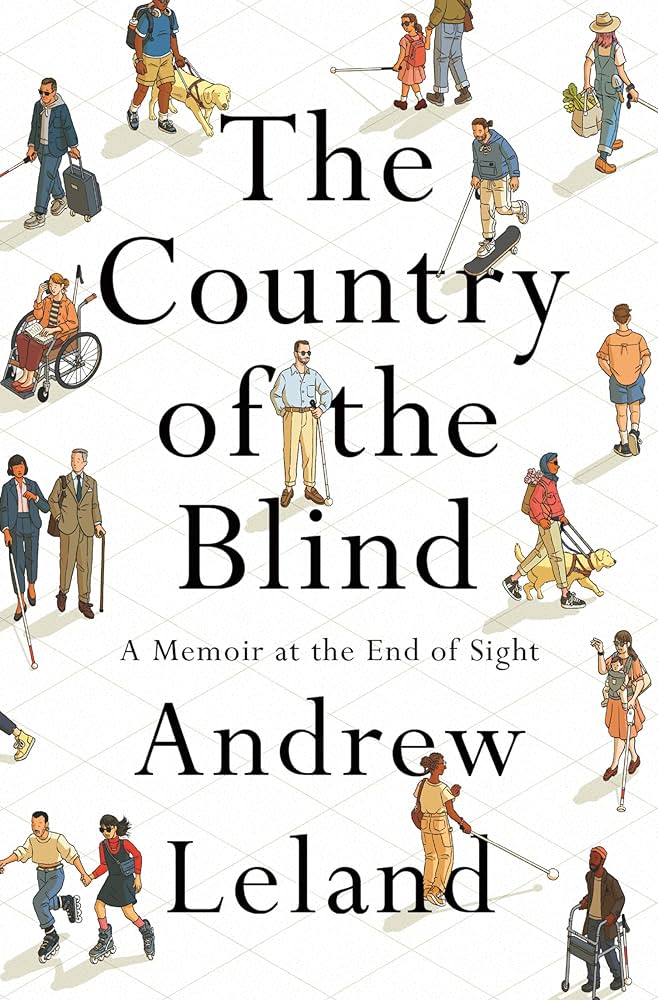2024 Reading Challenge Update: June Winner and What You Read This Month!
Congratulations to Michal Biletzki, winner of the June Reading Challenge! Michal has won a fabulous Northeastern University Library READ poster, starring Northeastern’s own Paws the Husky enjoying some of his favorite books.
Want a chance to win a poster or any of the great monthly prizes we’re giving away all year? Make sure to tell us what you read each month! For more chances to win, submit your reading to the Massachusetts Center for the Book, too.
Summer is traditionally the season of blockbuster films, which perfectly fit June’s theme of “a book that inspired a movie or television series.” Here are some of the book-to-screen adaptations you enjoyed in June:
What You Read This Month

Sense and Sensibility, Jane Austen
Find it at Snell | Find it at F. W. Olin | Read the e-book
“After watching a handful of period dramas, I decided to read a couple of Jane Austen books and tackled understanding old English. I really enjoyed reading Sense and Sensibility. I’ve watched the 1995 version before reading the book and imagined the characters as the actors in my head. Overall, it was interesting learning about England in the 1790s and how life was just simple (but somehow filled with drama!).” — Sumaya
“I was raised on the 1995 movie adaptation but I had never read the original book. I was surprised by how different it was!” — Emma
It Ends With Us, Colleen Hoover
Read the e-book | Listen to the audiobook
“This book had me hooked in every part and made me imagine all of the characters so vividly. The book also took me through a variety of emotions and I did truly feel the happiness and sadness the characters were experiencing. I’ve always loved Colleen Hoover’s writing style and how easy it is to read and follow and I’m super excited to see the upcoming film based on this book.” — Riya
The Three-Body Problem, Cixin Liu, translated by Ken Liu
Find it at Snell | Find it at F. W. Olin | Listen to the audiobook
“The best sci-fi rabbit hole I’ve ever been taken down.” — Henry
Annihilation, Jeff Vandermeer
Find it at Snell
“If you like science fiction, climate horror, and text as a monster, read this one!” — Galen
Daisy Jones & the Six, Taylor Jenkins Reid
Find it at F. W. Olin | Listen to the audiobook
“I watched the show first and read the book since I wanted more character lore. I always like comparing the book vs. the show/movie. I really enjoyed both and loved seeing the documentary style in action. It’s a fun exercise to compare what limitations and special functions both mediums have and utilize.” — Violet
All the Light We Cannot See, Anthony Doerr
Find it at Snell | Find it at F. W. Olin
“This novel was at once heartbreaking and inspiring. It shows the power of curiosity and learning to transport us even in the darkest times.” — Bianca
And What to Read Next Month
July’s theme challenges readers to look beyond America’s borders for their next read: “a book written by an author born outside of the United States.” Whether it’s a memoir, romance, or fantasy, there’s a wealth of literature to explore! Here are some librarian-approved recommendations:
Beyond the Wand: The Magic and Mayhem of Growing Up a Wizard, Tom Felton
Listen to the audiobook
English actor Tom Felton is best known for his film portrayal of bleach-blond Harry Potter villain Draco Malfoy. In his new memoir, Felton shares stories from a childhood spent on the set of Hogwarts, including the bonds he created with his co-stars, the benefits and pitfalls of fame, and the difficulties of trying to live a normal life while riding the wave of a pop culture juggernaut.
Knife: Meditations on an Attempted Murder, Salman Rushdie
Listen to the audiobook
In 1988, Indian-born author Salman Rushdie published his fourth novel, The Satanic Verses (find it at Snell and F. W. Olin). Based on the life of the Prophet Muhammad, the book drew ire from conservative Muslims who viewed it as sacrilegious. In 1989, Ayatollah Khomeini, then the Supreme Leader of Iran, ordered the deaths of Rushdie and his publishers. In 2022, Rushdie was preparing a lecture when he was rushed by an attacker, who stabbed him numerous times before being restrained. Rushdie survived the brutal attack, but lost sight in his right eye and the use of his left hand. Knife is his memoir of the assassination attempt and its aftermath.
Before the Coffee Gets Cold, Toshikazu Kawaguchi
Read the e-book
Originally written as a play, then adapted into a novel, Toshikazu Kawaguchi’s charming narrative about a time-traveling café in Tokyo has won international acclaim. Before the Coffee Gets Cold is an exploration of time, memory, and possibility, and is the first in a series that current spans four books.
Identitti, Mithu Sanyal, translated by Alta L. Price
Read the e-book
Student Nivedita idolizes her professor Saraswati, a genius and celebrity in the field of postcolonial studies. Then, just hours after Nivedita gives a gushing radio interview about Saraswati, it’s revealed that her professor’s name is actually Sarah, and she’s not Indian, as she had previously claimed—she’s white. (Shades of Rachel Dolezal!) Suddenly, Nivedita is questioning everything, including her work, her activism, and the meaning of identity.
Need more reading recommendations? Check out our suggested e-books and audiobooks for July! If you’re in Boston, you can stop by the Snell Library lobby in person on July 16 and 17 from1 – 3 p.m. for Reading Challenge stickers, bookmarks, and books to check out, and friendly librarians who love talking about books!
And when you finish your next book, make sure to tell us about it for a chance to win the July prize drawing! (For more chances to win, make sure you submit your reading to the Massachusetts Center for the Book, as well as the Northeastern University Library.)


